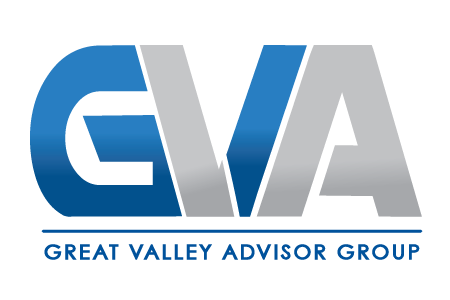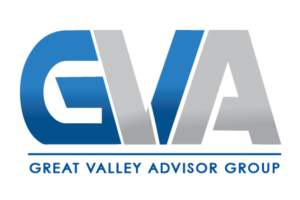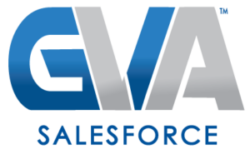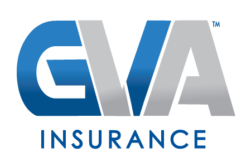Taking your client relationships to the next level
Earlier this month David Gordon, CFA, CPWA, Director of Eaton Vance Advisor Institute presented a session on The After-Tax Advisor at the GVA VAST top producer conference in Austin. The approach focused on tax planning discussions that can be a unique level of service for financial advisors to provide – and is actually expected among the HNW and Ultra HNW.
6 Things that keep the wealthy up at night:
- Risk and return expectations met (not necessarily exceeded but definitely met)
- Tax Relief
- Concentrated exposure
- The challenge with this is often an emotional one. Investors often bring “overconfidence” in their own ability in this area to identify and execute because they are usually at the pinnacle of their own companies (founders, CEOs, etc); they believe their opinion is worth more. This is not unlike the “endowment effect” (eg: home sellers think their house is worth more than the buyer).
- Legacy – what happens to their accumulated wealth when they are gone
- Income in Retirement
- Replacing W-2 income
- Incentive compensation – equity awards from employers; non-qualified stock options about to expire
When tax law changes happen, clients often come to their financial advisors for an explanation and questions. While accountants deserve to be at the top of that contact list, research shows 47% of clients turn to their financial advisors. The After-Tax Advisor begins with three tax tenets:
- Taxes can be a client’s easiest investment “fee” to reduce – The larger erosion of wealth occurs at Uncle Sam’s hands, making taxes almost act like the largest “fee” a client typically pays. Explaining the cost of taxes can better put your fee into perspective. If your fee is, for example, 1%, compare that to saving 20% or more through careful tax planning. Questions to ask clients to start conversations:
-
- What do you think detracts more from investment performance: fees or taxes?
- What do you think taxes cost you in investment returns each year?
- Do you typically look for ways you can reduce the amount you pay in taxes each year?
- If you received a large tax refund, would you be more likely to spend it or invest it? (There are other answers like saving it but considering limited the client to these two choices)
- Have you ever paid a professional to obtain better results than you could obtain yourself?
- For example: A CPA to reduce taxes or an estate attorney to construct a more legally successful estate plan.
-
- Have you ever experienced the power of compounding, either through the growth of savings or the accumulation of debt?
- Who do you think cares more about your long-term comfort: you or the government?
2. Asset location can be just as important as asset allocation – while asset allocation decisions may explain the majority of a client’s pretax returns, asset location will strongly influence what remains after taxes. 3 main considerations for location:
-
- Type of account (tax exempt Roth IRA, 401k, and fully taxable brokerage account)
- The tax efficiencies of the investment assets; and
- Fully taxable brokerage account.
Questions you might ask to stimulate discussions can be found on page 7 of The After-Tax Advisor handout.
3. Uncle Sam can be a coach, not just a referee – As income rises, various additional taxes kick in – be familiar with the tax filing categories so clients are not surprised at tax time. Year-round diligence is needed, such as:
-
- Changes to tax filing status
- Selling of a business in next 5-10 years and tax implications for the sale
- Expected taxable income increases
- Charitable giving
- Board member for foundation or endowment
- Equity awards from employer
- Participation in a Sec. 423 employee stock purchase plan
- Plans to reduce size of taxable estate
- Questions you might ask to stimulate discussions can be found on page 9 of The After-Tax Advisor handout. Learn to ask great questions!
For additional information on this topic, please refer to the following Eaton Vance Resources and Tools:
- The After-Tax Advisor VAST handout: Take client relationships to the next level with this approach.
- The Curtain Falls on Another Tax Year: Blog by David Hopkins addresses how to help clients improve tax outcomes in several ways before the end of the year.
- Tax Forward 365 Monthly Planner page: Refer to Eaton Vance’s annual calendar to engage with current clients all year round as well as attract new clients. Topics listed by month include timely action and resources for adding year-round value.
- How much is tax management worth? Eaton Vance’s Parametric Custom Core® seeks to provide desired equity exposure that outperforms the selected benchmark on an after-tax basis.
- Maximize Charitable Giving Strategies: Clients with complex tax challenges, legacy plans, and wealth goals may benefit from taking a more-strategic investment approach to philanthropy.
*Next Week’s VAST Snapshot: The Predictive Index and how this tool helps teams work better together.
Contact: GVA Communications Team











